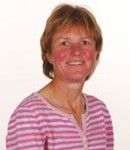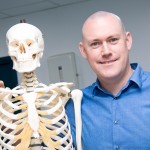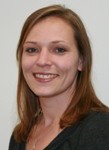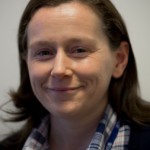Dr Kathy Wilson, based at Newcastle Dental Hospital and School, is an Associate Specialist in Dental Sedation and Specialist in Special Care Dentistry. She is currently undertaking the Masters in Medical Education programme and developing a study entitled “Meeting the oral health care needs of patients with disabilities – Is the new dental graduate prepared?”
Back Ground to study
Special Care Dentistry (SCD) is defined as “The improvement of oral health of individuals and groups in society, who have a physical, sensory, intellectual, mental, medical, emotional, or social impairment or disability, or more often, a combination of a number of these factors”
In 2008 SCD was recognised by the General Dental Council (GDC) as a speciality and the GDC document “Preparing for Practice” states “The Registrant will recognise and take account of the needs of different patient groups including children, adults, older people and those with special care requirements through-out the patient care process”
Newcastle Dental School’s SCD programme has the aim “To enable students to provide general oral care for those patients with special needs”. The virtual programme is delivered mainly through other specialties, with some specific lectures; in speaking to final year dental students it would appear that many have deficiencies in their knowledge and understanding of the needs of patients with disabilities.
A review of the literature indicates that General Dental Practitioners cite lack of experience and undergraduate education as reasons for being less confident in meeting the needs of vulnerable patients, so creating barriers to effective delivery of oral care. Reducing social factors contributing to health inequalities requires action beyond service provision; it is estimated that 90% of people requiring SCD should be able to access care through the general dental service in primary care which necessitates appropriate education of dental professionals.
By considering views of Newcastle dental students it is anticipated the SCD programme can be tailored to develop professionals who view this specialty positively and are confident in recognising the needs of those who are vulnerable within our society, therefore full-filling their professional obligations.
Aim of Study
To explore final year dental students’ preparedness to address the oral health care needs of patients with disabilities in order to inform the Special Care Dentistry programme review.
Study Design
The study will be carried out as a series of focus groups to address the research questions. It is hoped that the field work will be carried out in the autumn of 2016 and that the results will help to inform development of the teaching of Special Care Dentistry to undergraduate dental students.
Dr Kathy Wilson, School of Dental Sciences





